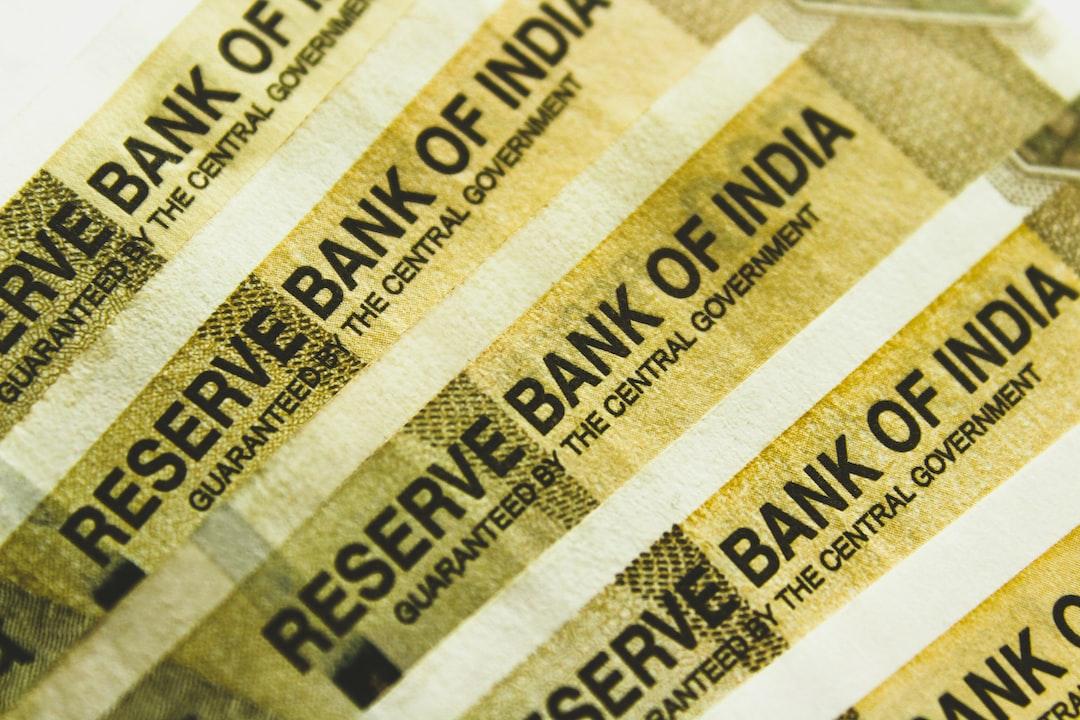UniSat announced that it will conduct the Ordinals v0.13.0 update, which has caused opposition from other stakeholders in the industry, including demo. However, UniSat ignores the opposition and states that it will definitely complete the update. Under the huge market interests of BRC-20, a fierce competition is gradually brewing in the market.
Table of Contents
Toggle
UniSat announces v0.13.0 upgrade
BRC-20 community opposition
Best in Slot indicates serious bugs in v0.13.1
Domo accuses UniSat of manipulating BRC-20
TRAC states that it is not possible to maintain v 0.9 version forever
UniSat insists on the update
Community opinions
Issues highlighted by the BRC-20 market opportunity
Intense competition due to huge BRC-20 interests
Insufficient infrastructure of the Mingwen protocol
The incident originated from last night when the Mingwen Exchange and UniSat announced that they would conduct the Ordinals v0.13.0 (Jubilee) upgrade and emphasized that they would ensure that it does not cause a protocol split (meaning they hope other indexers will follow suit).
Because if other indexers, including Magic Eden and OKX Wallet, do not upgrade together, it means that there will be a version discrepancy for Mingwen on different exchanges, which may lead to settlement errors and double spending issues, potentially causing damage to user assets.
However, not all community members approve of this upgrade, especially after the security incident:
Ordinals Aggregator
Best in Slot
On Twitter
Indicate
That the latest v0.13.1 update of BRC-20 has serious bugs and may have other potential issues. They strongly recommend that all BRC-20 indexers continue to use the 0.9 version of the Ordinals protocol until this issue is resolved.
The team states that stability should be the top priority for BRC-20. A financial protocol worth billions of dollars cannot withstand untested version upgrades.
Best in Slot suggests freezing proposals (The Freeze) to avoid such security incidents again. The proposal suggests that BRC-20 tokens only use the Ordinals version that has been extensively tested and proven to operate well, especially the 0.9 version.
BRC-20 Freeze Proposal
Subsequently, domo, the founder of BRC-20, expressed on Twitter that UniSat’s decision to upgrade the Ordinals protocol to the v0.13.0 version without extensive testing is disrespectful to other indexers in the industry and may cause other potential harm to the BRC-20 protocol.
UniSat’s goal is to control the BRC-20 market. domo suggests that from the timing of the update and the incentive policy delay, it can be seen that this is not just a technical upgrade event, but a carefully planned business strategy by UniSat to gain dominance and control over the BRC-20 protocol.
demo hopes that the community can reject the fork proposed by Unisat and support the maintenance of the protocol in a non-profit, safety-first manner, such as what the Layer 1 Foundation supported by demo is doing.
Benny, the founder of the decentralized indexer project TRAC, agrees that more time for testing is needed to update the protocol safely, but also states that it is not possible to maintain the v0.9 version forever.
Half an hour after domo’s post, UniSat also posted again, reiterating its position and stating that it will do its best to promote the Ordinals Jubilee upgrade to ensure that the update progresses as planned.
However, the team states that they will still try to prevent the BRC-20 and Ordinals protocols from splitting, and clarifies that a split is not the same as a fork. The latter is incompatible, while the former will create different versions of assets on the same network, causing ongoing bilateral effects and higher complexity, which should be prevented to the best of their ability.
From UniSat’s latest post, it can be felt that they are sticking to their original strategy and continuing to confront demo and the Layer 1 Foundation.
Many community members express their confusion and disapproval of why UniSat would proactively allow the possibility of protocol splitting, just to gain market interests before the infrastructure is more mature. However, some community members state that domo is also speaking to protect their own interests because their BRC-100 protocol is built on Ordinals v0.9, while UniSat is pushing for protocol progress.
With the continuous pursuit of opportunities in the Mingwen and BRC-20 markets, competitors are making calculations and eagerly seizing the opportunity, leading to the current fierce competition.
In an environment where there is a lack of communication and intense competition prioritizing interests, the industry’s development is hindered, and everyone may become a loser. The biggest victims are ordinary users.
This incident once again highlights the insufficient infrastructure of the Mingwen protocol. Whether it is a complete governance and upgrade framework, code auditing tools, or token standards, they are still undergoing continuous iterations and development. It is a relatively immature industry, indirectly causing the aforementioned problems.
As participants in the community, we need to objectively receive information and think independently to understand the future development and potential issues of the ecosystem. As Mingwen holders, we need to pay attention to the risks of this industry and think about how to protect ourselves in an environment where ordinary users have no rights to participate.
BRC-20
BRC-100
domo
Ordinals
UniSat
Related Reading
Bitget Wallet and UniSat reach a cooperation to jointly build the Bitcoin ecosystem
BingX collaborates with UniSat to strengthen the spot trading ecosystem and provide a safe environment for BRC-20.

